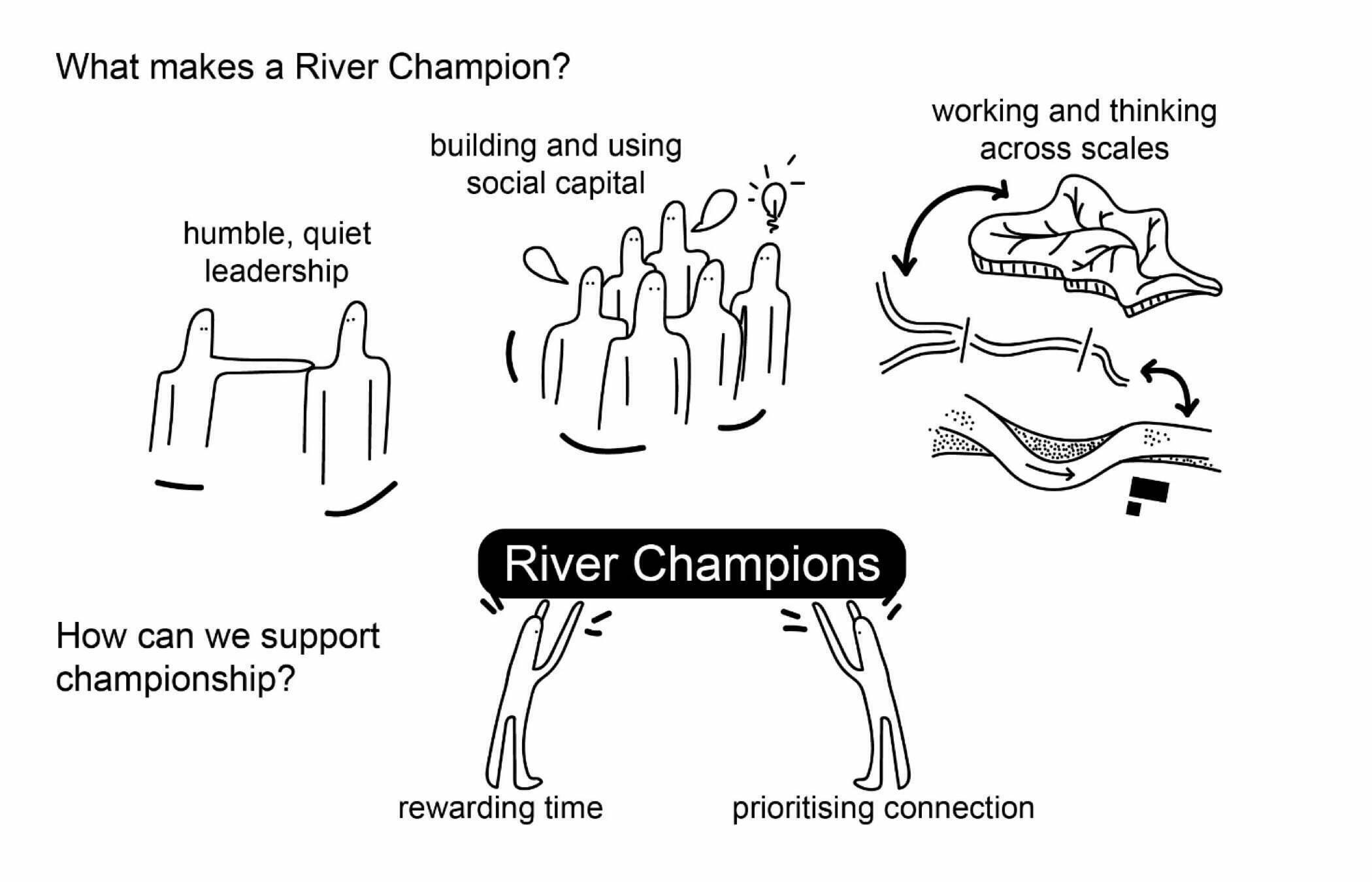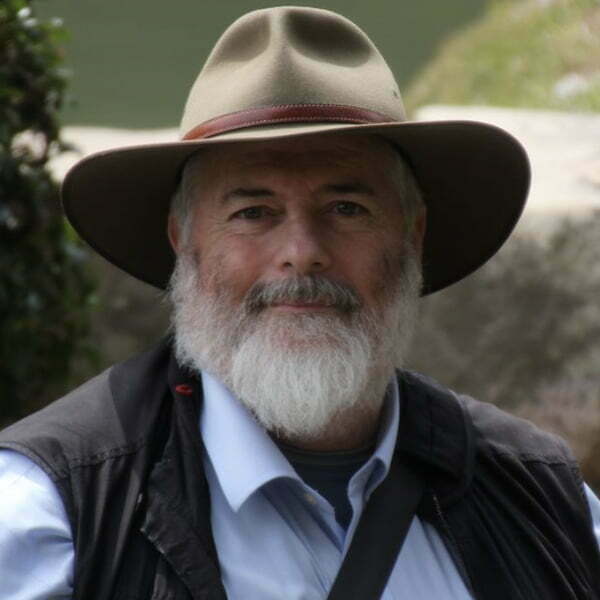What makes a river champion
A few weeks ago, I was delighted to see a paper ‘Supporting champions in river management’ I co-authored with colleagues Simon Mould, Kirstie Fryirs and Richie Howitt, get published. The paper centres around the idea of ‘river champions’. These are the individuals that we encounter as researchers, teachers and practitioners in the river management industry, who are particularly influential and effective in driving river management initiatives. A river champion can be anyone – a local community member, Indigenous Traditional Owner, a rural landholder, a practitioner employed in government, or a scientist working in either a professional or voluntary capacity.
In this conversation with Simon – the person who championed this paper – we talk about what makes a river champion, and why we need to support those people who are working for better water and river management. The ‘champion’ concept usefully highlights the importance of critical leaders in environmental management initiatives. Our experience tells us, however, that the label of ‘champion’ would sit uncomfortably on the shoulders of many who play critical roles in advancing river management agendas in their communities and workplaces. The term ‘champion’ conjures up the image of a hero or the elite winner. This is at odds with the humility and modesty of many of the champions we have met – who are typically not the loudest people in the room, but the ones driving change behind the scenes.
Or to have a listen on Spotify, click here
In our discussion, we talk about how these river champions lead quietly, and are effective because they build and use social capital to influence others. They are also well-connected and can help to bridge scales of management.

This graphic highlights some of the key points we make in the two papers.
We advocate that championship must be recognised and supported within and beyond institutions. By supporting river champions in all their forms, we prevent these individuals being taken for granted or being overlooked.
We invite the readers of these papers to consider an expanded concept of championship, so that we can maximise the value these champions bring as a critical component of participatory water and river management systems. This can be enacted by rewarding people for their time in ways that are meaningful and appropriate (i.e. not only financially) and by prioritising connection between people. We offer specific examples of how this can be done in a river management setting in the paper below.
Articles on River Champions
- Full-length Journal Article: Supporting champions in river management (published on Wiley Online Library here)
- Summary: How to spot and support a river champion



